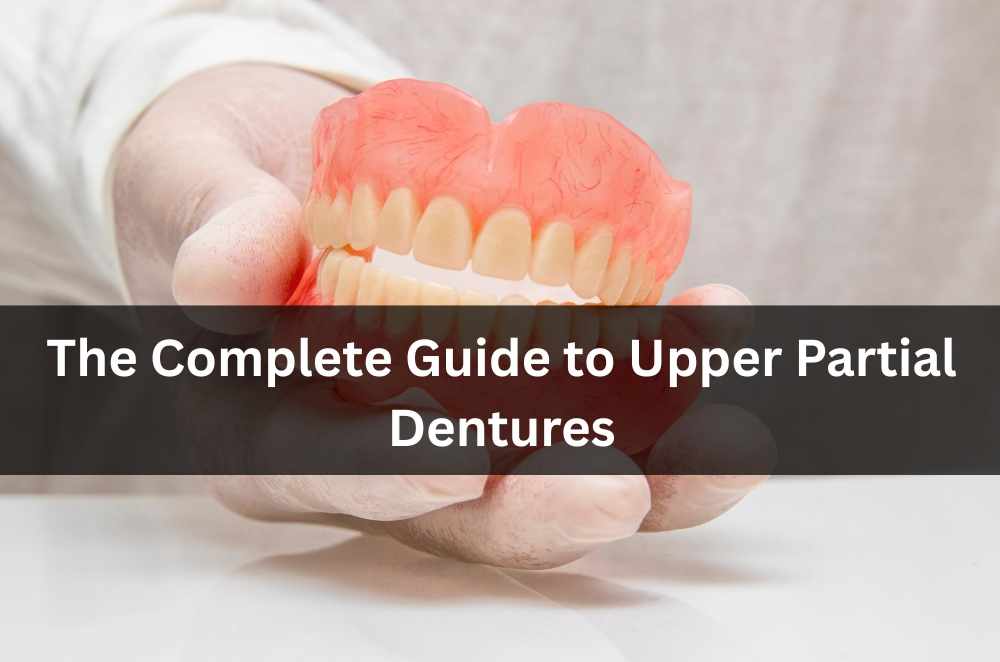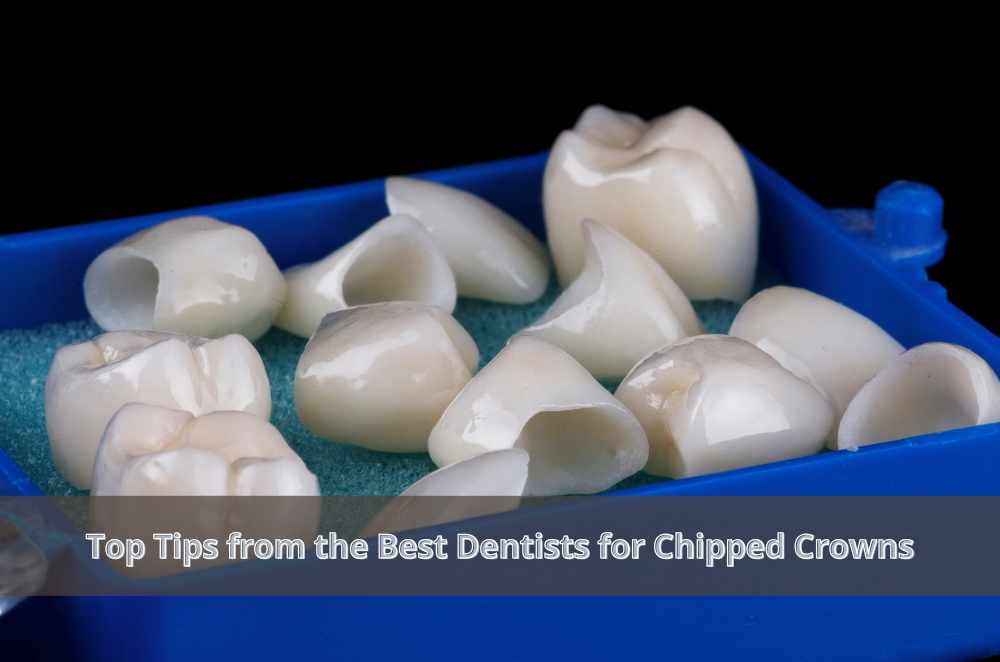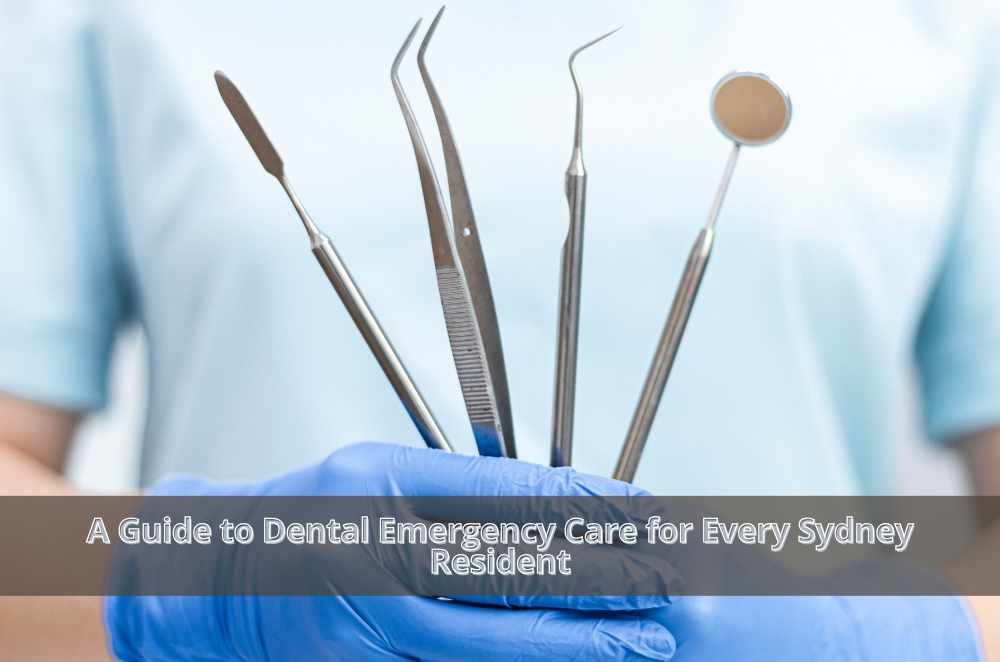
You wake up with a throbbing toothache or chip a tooth during dinner. You are thinking to yourself, "What am I to do? Who can I go see now?" Dental emergencies do not warn you and bring so much pain and misery, so they need emergency treatment to avoid complications. Knowing when to visit urgent care can save you from getting into more trouble and keep your teeth healthy for a long time. For those in need of affordable emergency dental care, it is crucial to be aware of the signs and how to so that you can respond in time accordingly. This is an overview of why one needs immediate dental care, how the symptoms require urgent treatment, how to get relief from pain, and how to access emergency dental care to be ready in case of a dental emergency.
Why is quick dental treatment important?
Learning the importance of swift dental care to avoid issues and improve oral health constitutes part of realising its role. Early oral therapy prevents infection, halting the formation of bacteria and possible abscesses. It prevents future damage, eliminating expensive and complicated treatment later. It instantly prevents acute pain and improves quality of life. It prevents tooth loss due to extraction, maintaining natural dentition and function. It prevents expensive future treatment, which encourages long-term oral health and cost-effectiveness. Knowledge of these advantages promotes early intervention.
It prevents infection and halts bacteria growth.
Shortens long-term damage and foregoes complex procedures.
It suppresses severe pain and relieves it instantly.
Avert tooth removal, normal function restored.
Limits follow-up visits money saved.
Which symptoms need urgent dental treatment?
Symptom identification for immediate dental care provides immediate relief and averts further complications. A toothache caused by severe pain necessitates emergent treatment, suggesting possible infection or nerve damage. Swelling of the jaw or face is an issue that requires attention, indicating a delayed infection or abscess. Bleeding is emergent if it originates from the mouth, indicating trauma or severe gum disease. A knocked-out tooth must be attended to immediately, maximising the chances of successful replantation. An abscess must be treated urgently, which halts infection spread. These signs provide direction for immediate intervention.
Severe toothache, indicative of infection or trauma.
Swelling of the jaw or face is a sign of an acute infection.
Bleeding of the mouth, indicating trauma or disease.
Tooth avulsion, which maximises the possibility of reimplantation.
A dental abscess is designed to prevent infection from spreading.
Does emergency dental treatment stop tooth pain?


When should I go to an emergency dentist?
The skill of emergency dental care time ensures immediate cure and avoids complications in healthy mouths. Check if you are in pain or have a severe dentistry problem. Check for heavy bleeding to prevent possible bleeding. Check when knocked out tooth to give maximum opportunity for reimplantation. Check for swollen face, checking for severe infection or abscess. Check the dentist for abscesses in a bid to avoid infection spread. The skill of these diseases offers quicker action.
Severe pain, indicating serious problems.
Excessive bleeding, controlling bleeding.
Avulsed tooth, maximising reimplantation.
Facial swelling, eradicating severe infection.
Tooth abscess, blocking infection spread.
What happens during an emergency dental visit?
Knowledge of procedures during an emergency dental visit prepares one for the visit and minimises anxiety. Dentists examine your condition, diagnosing the cause of the issue and the severity level. They deliver X-rays with authentic images as necessary to make accurate diagnoses. They provide pain medication, ending pain and anxiety. They provide required procedures, ending emergency status. They give aftercare teaching, where healing is permitted to continue. Such follow-through makes it possible to provide adequate treatment.
Evaluate your condition and decide on the source of the problem.
Give X-rays, with images for diagnostic purposes.
Give pain relief, ending pain.
Give procedures, ending emergency issues.
Offer aftercare, where healing is allowed to occur.
Who do I call for a dental emergency?
Identifying who to call in an emergency dental situation gives prompt response and response, preventing further issues. Try calling your usual dentist, if available, for a timely consultation. Call urgent care dental centres, giving specialist care in the name of the urgency involved. Call emergency departments in hospitals for emergencies or traumatised cases. Utilise Internet listings of emergency dentists, with local access readily accessed. Obtaining these contacts gives a prompt response.
Call a regular dentist, if available, for consultation.
Call emergency clinics that offer specialty care.
Call for hospital treatment for severe cases or injuries.
Use online directories to search for providers in the area.
How do I find an emergency dentist near me?
Knowing how to find an emergency dentist nearby helps receive timely attention and keeps delays to a minimum in an emergency. Use Internet search engines to search for local urgent care dental clinics. Browse local dental directories, providing local locations for dental care. Ask those around you, gaining opinions from friends and relatives. Dial hospital emergency rooms in the event of extreme emergencies or fractures. Provide 24-hour dental services, providing care with extended hours. Knowledge of these sources helps successful localisation.
Utilise internet search engines to search for proximal clinics.
Dental directories, providing local listings.
Seeking advice, giving insights available.
Hospital care is provided in case of severe conditions or traumas.
Asking for 24-hour clinics for guaranteed treatment.
Conclusion
Dental emergency and immediate treatment detection are crucial in maintaining oral well-being and preventing complications. Knowledge of signs, understanding of what time to arrive at critical care, and access to capable emergency dental service can contribute to your overall well-being. Getting to see someone right away so that you get the dental care that you need to take you out of pain and not cause further damage to your teeth is a positive. Finally, being prepared for dental emergencies means that you are educated on how critical it is to get in early and who can get you in early. In having fun, you enrol in a visit, know someone to visit, and thus visit the correct person. You avoid wondering how much influence it will exert on your dentistry and you.








Write a comment ...